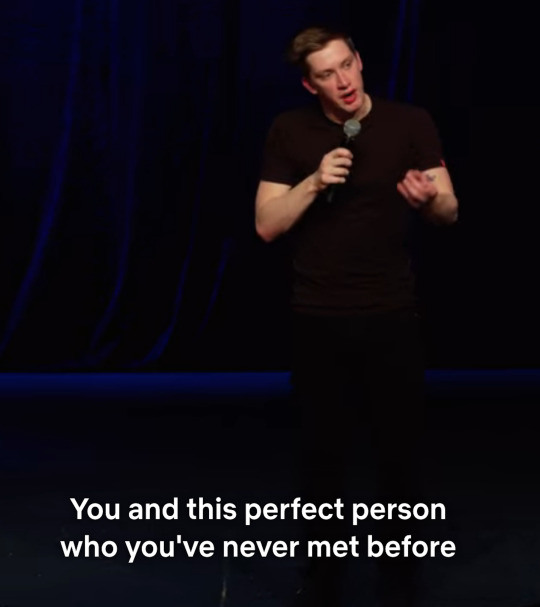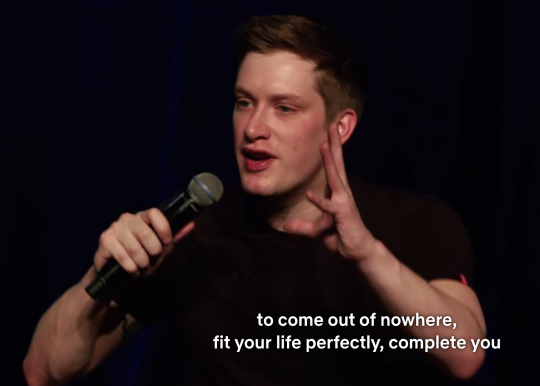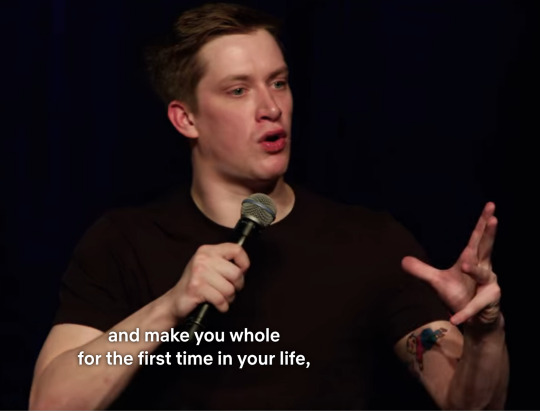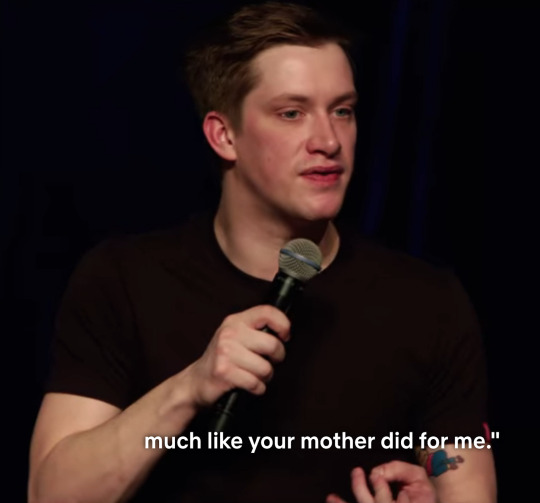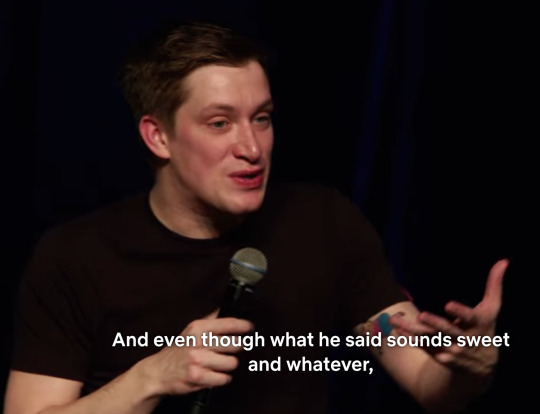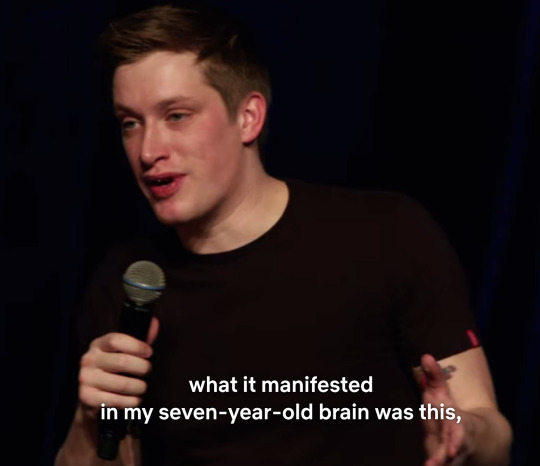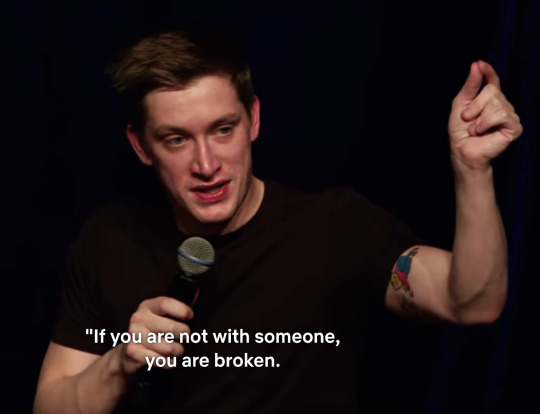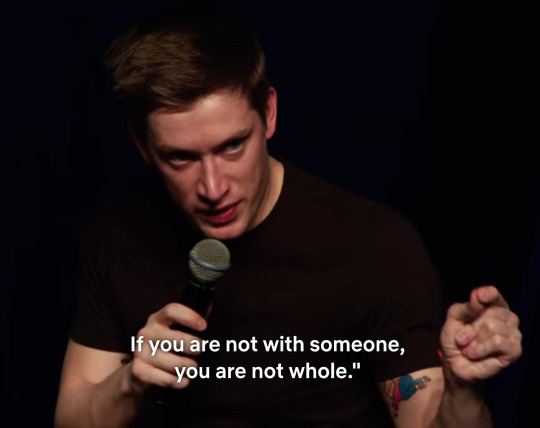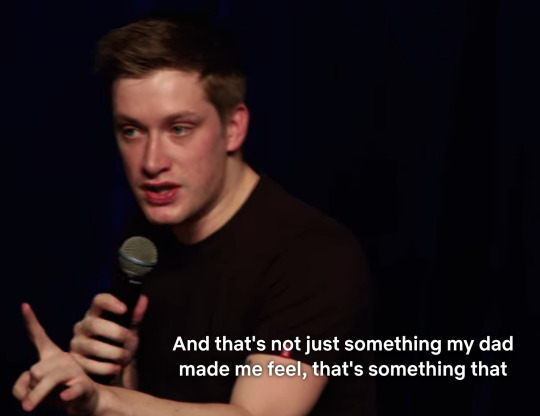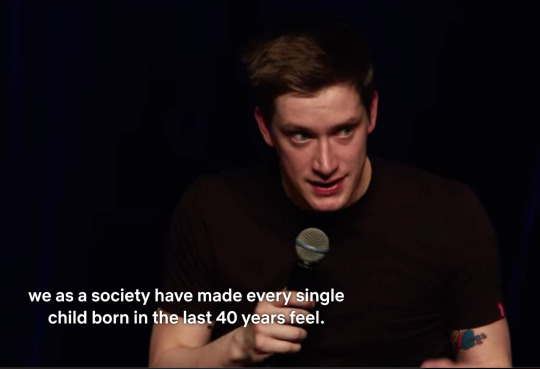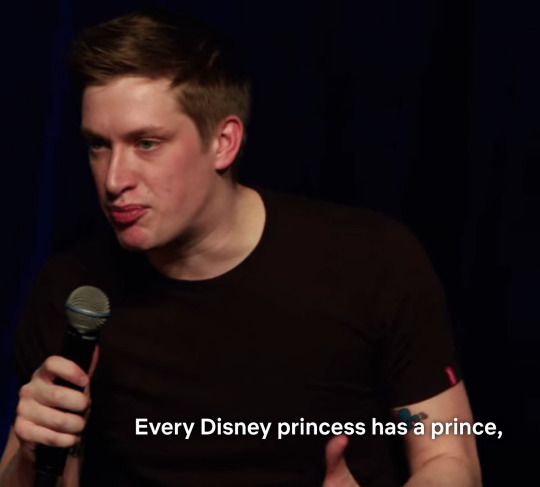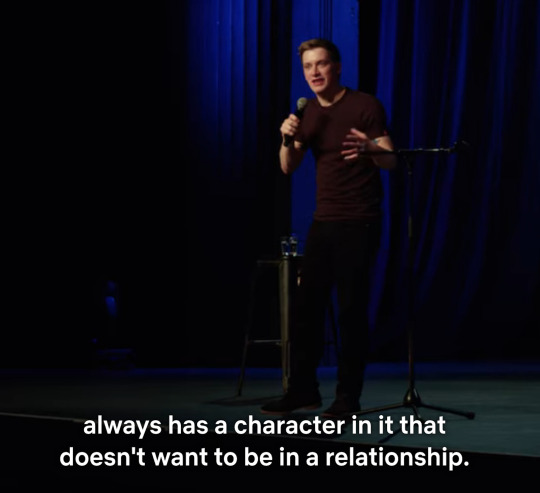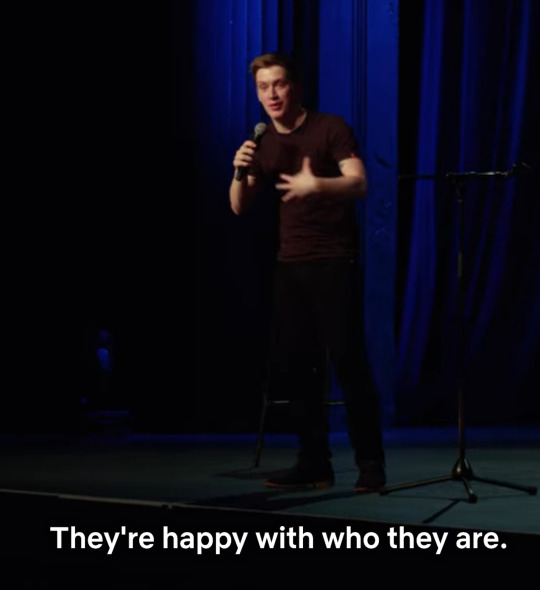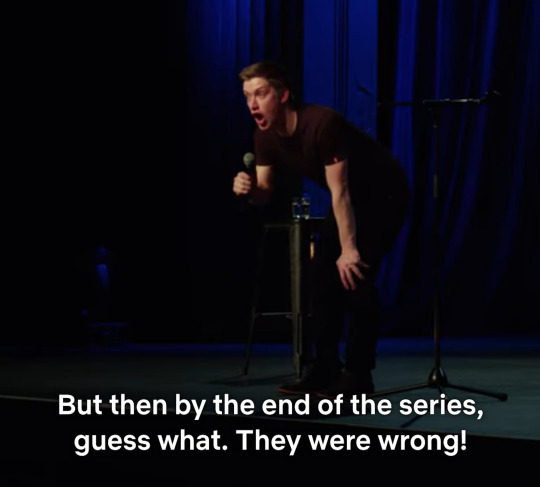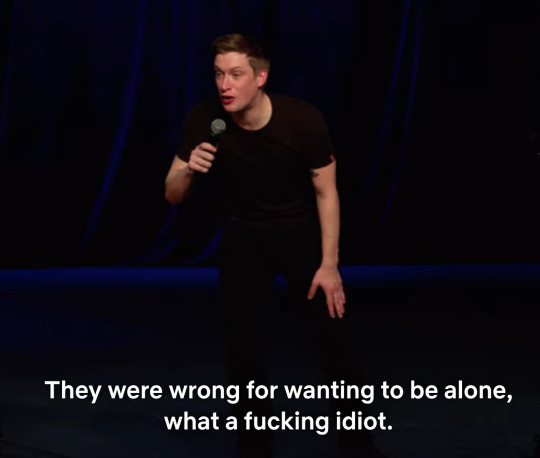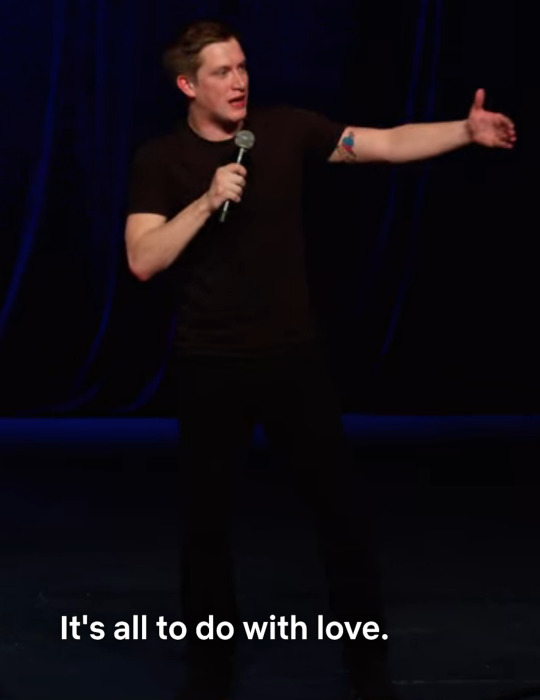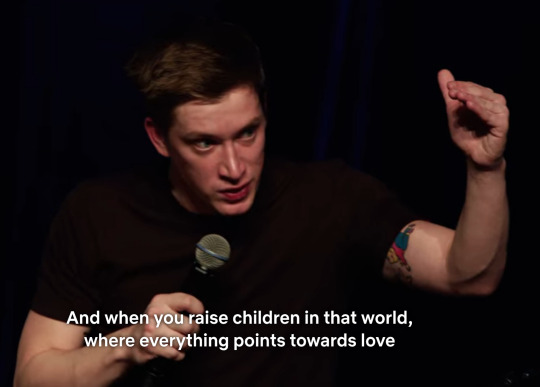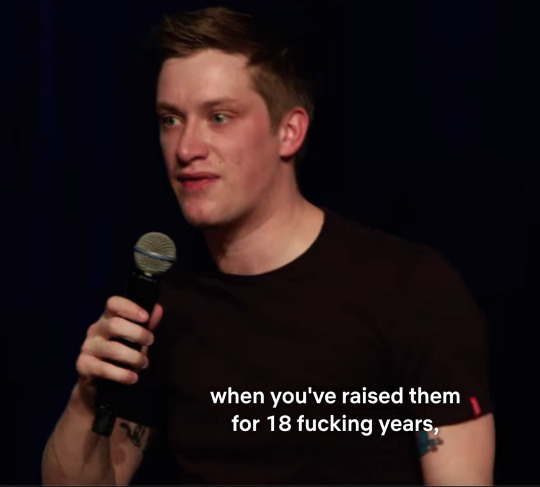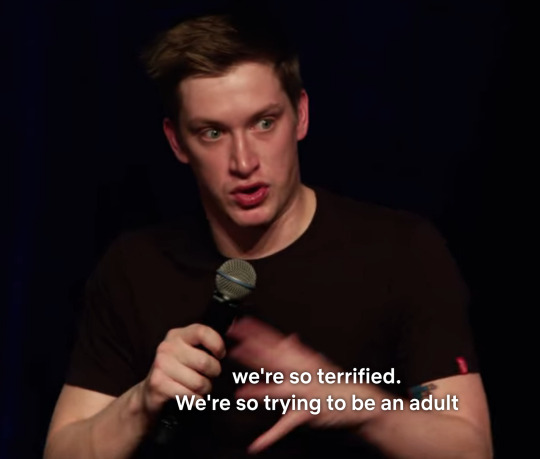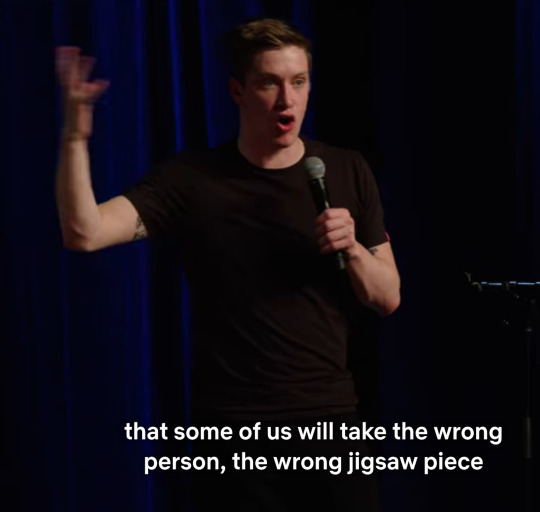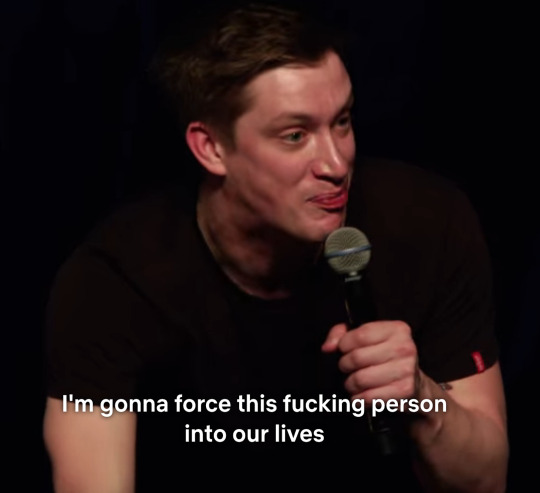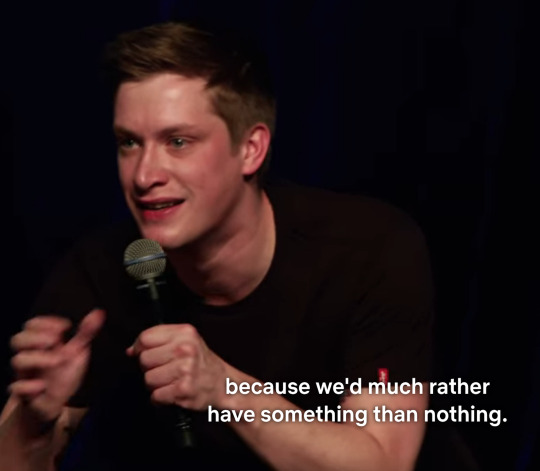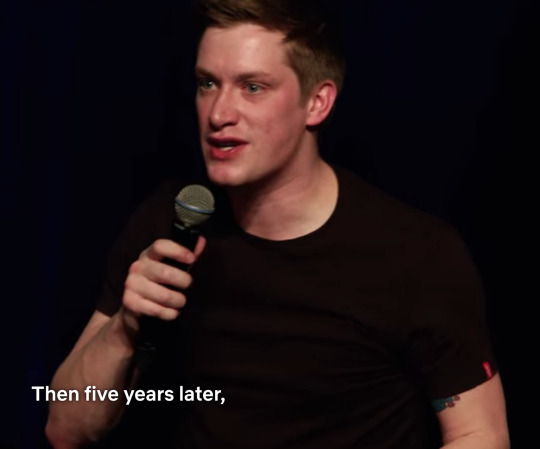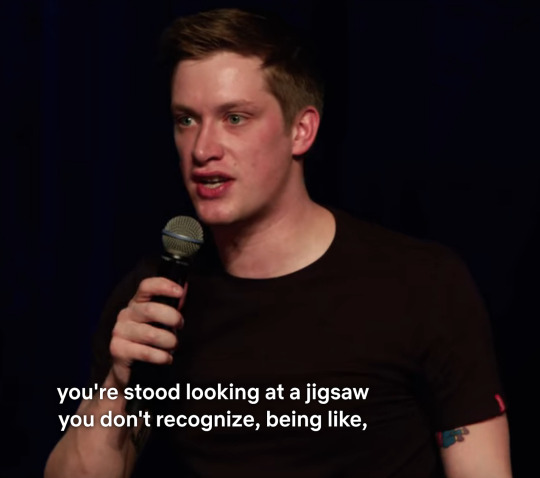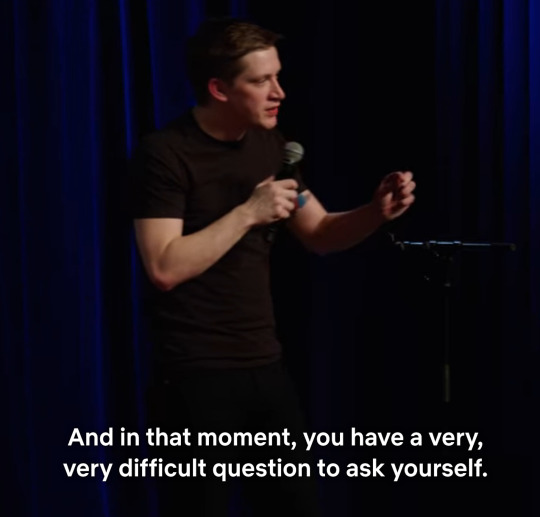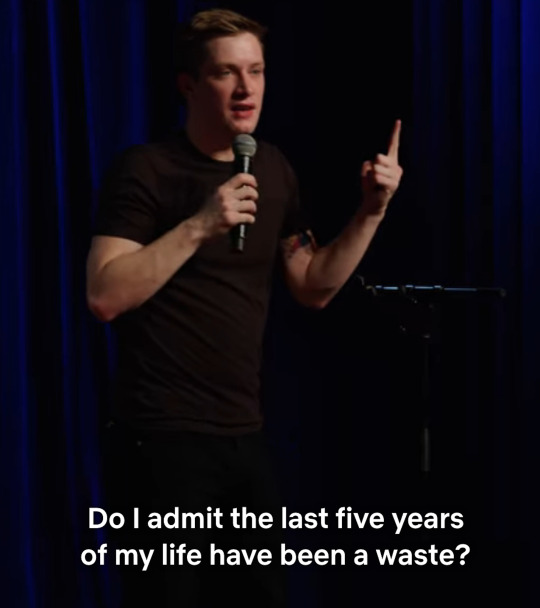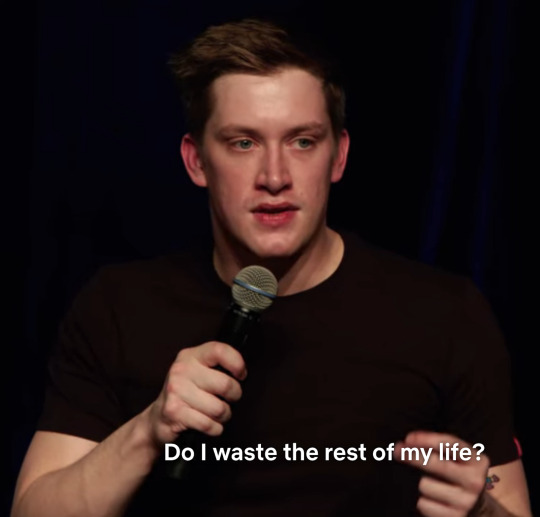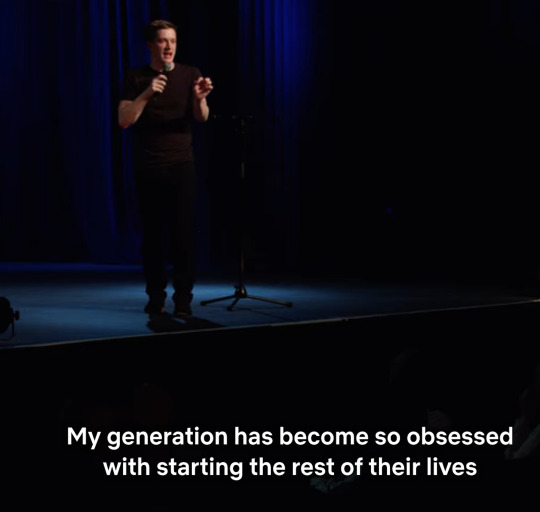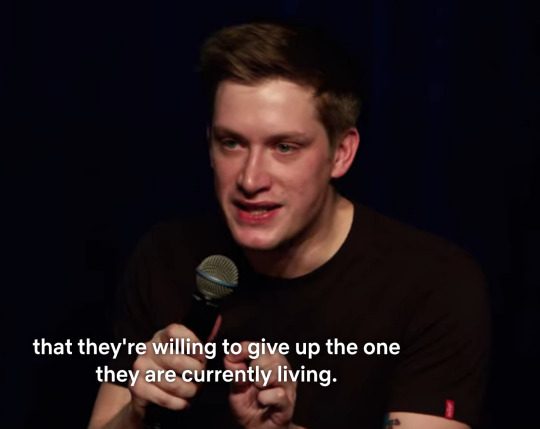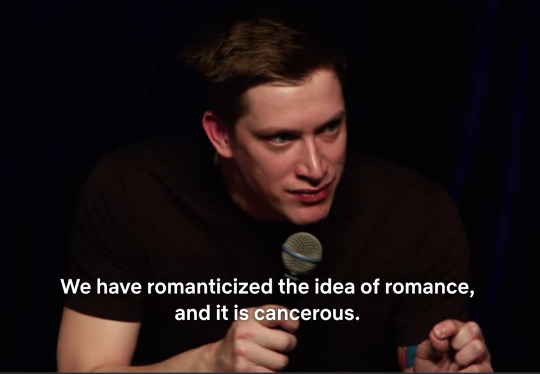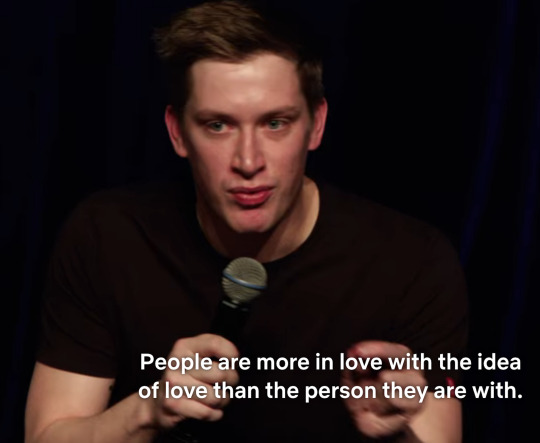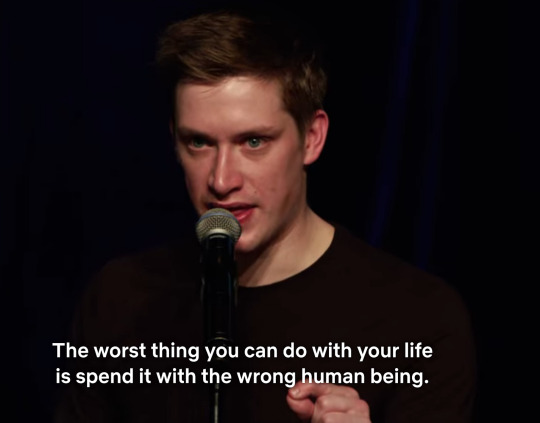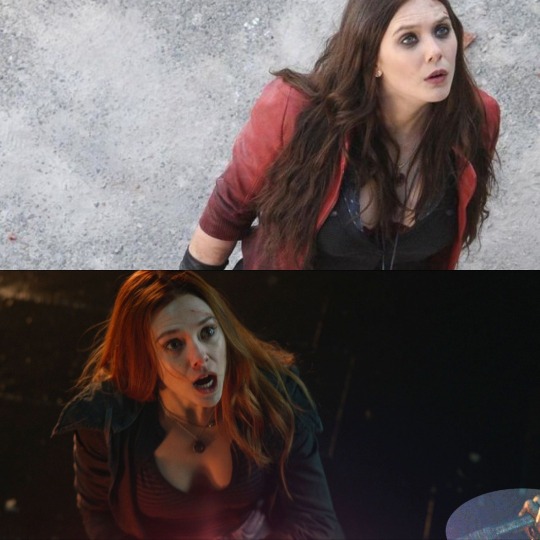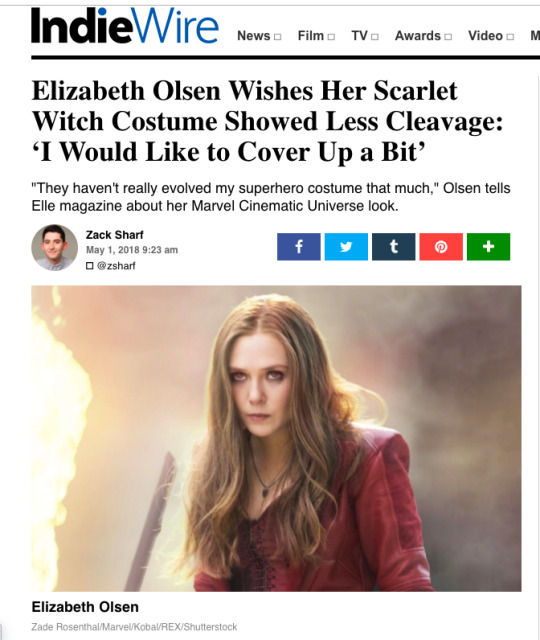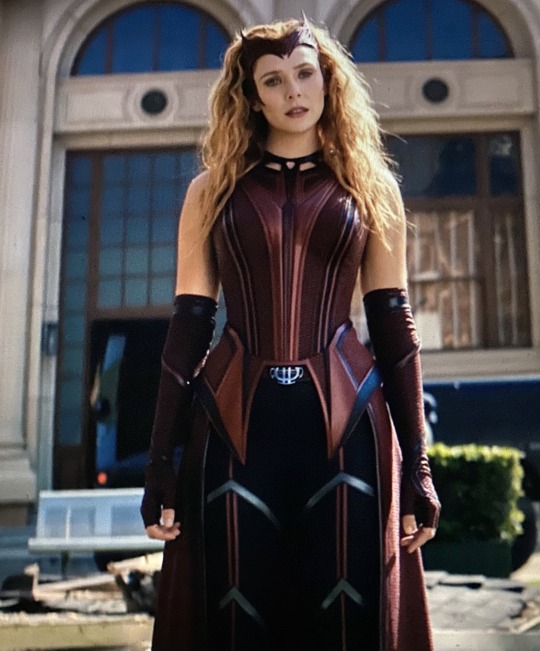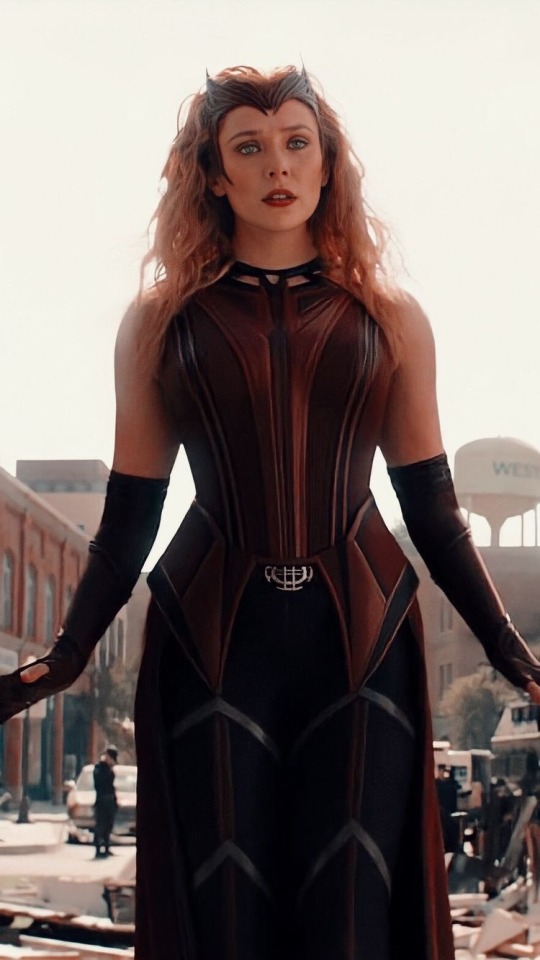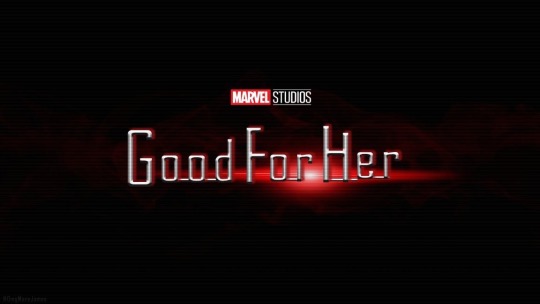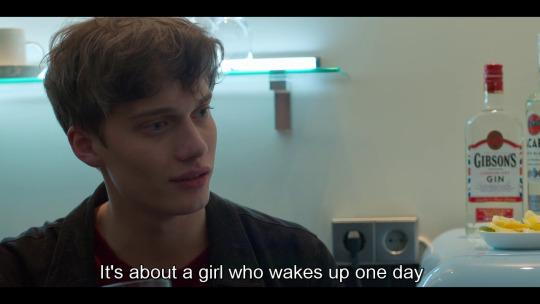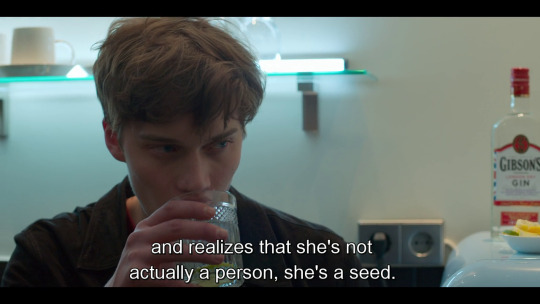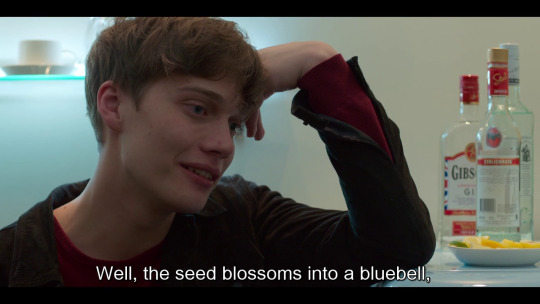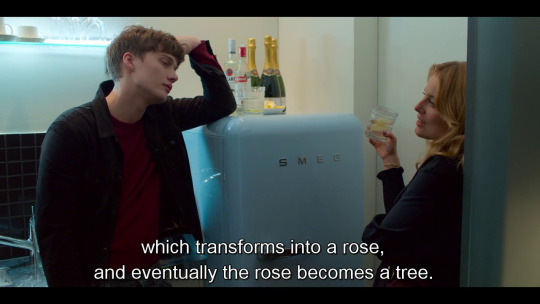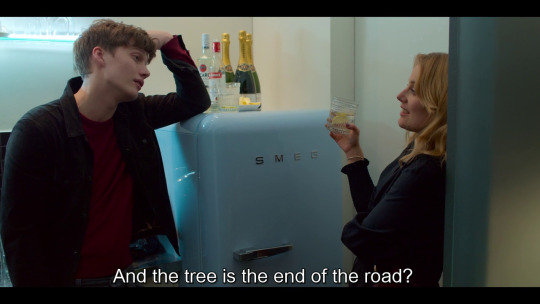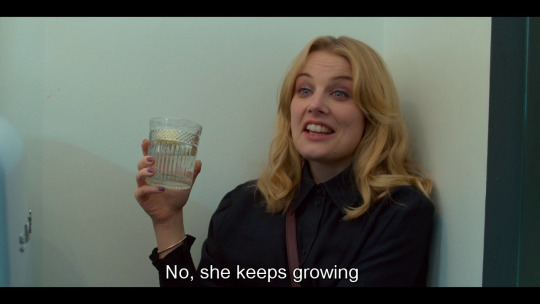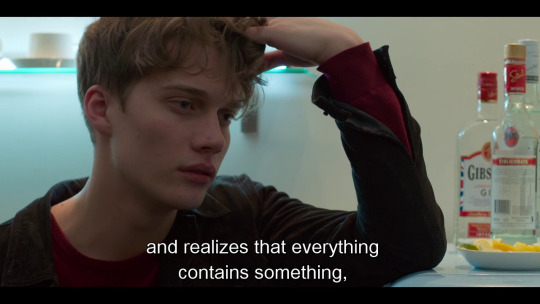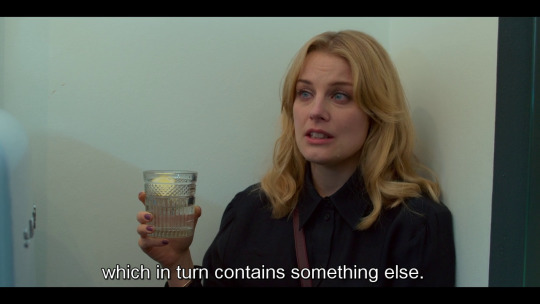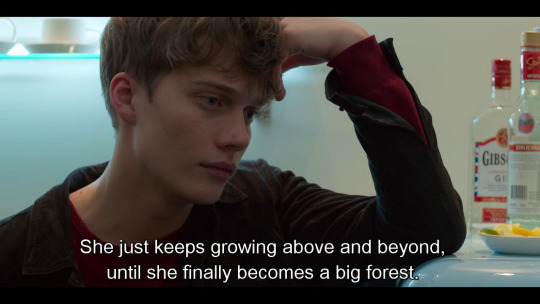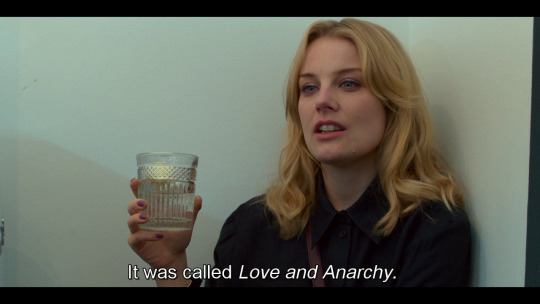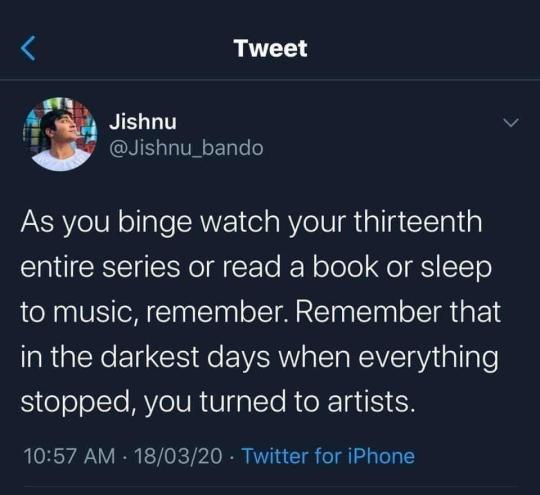Photo
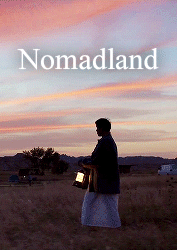
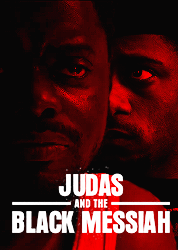
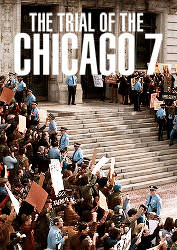
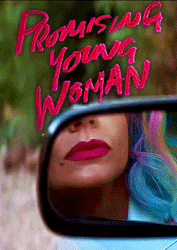

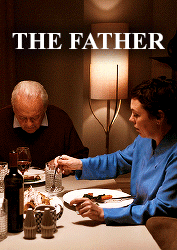
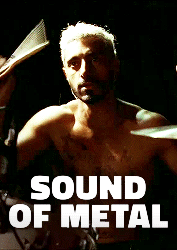
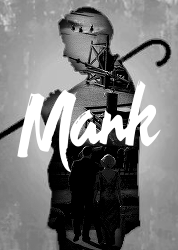

The 93rd Annual Academy Awards: The Best Picture Nominees
1K notes
·
View notes
Photo
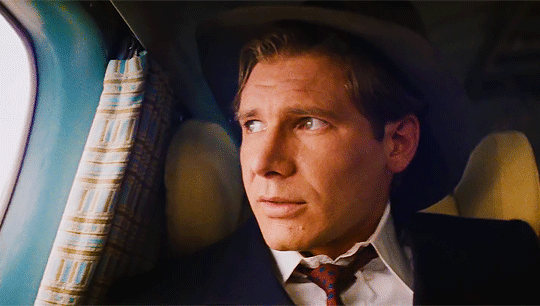
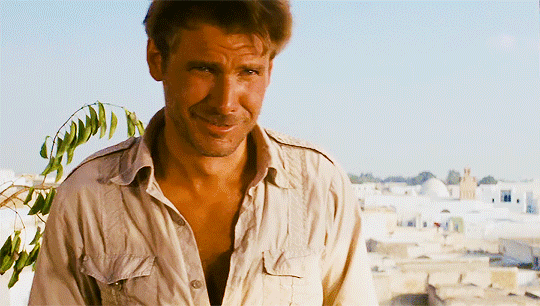







Yes, Dr. Jones, we’ve heard a great deal about you. Professor of archaeology, expert on the occult, and, uh, how does one say it? Obtainer of rare antiquities.
HARRISON FORD || RAIDERS OF THE LOST ARK (1981)
3K notes
·
View notes
Text
“When I was 26, I went to Indonesia and the Philippines to do research for my first book, No Logo. I had a simple goal: to meet the workers making the clothes and electronics that my friends and I purchased. And I did. I spent evenings on concrete floors in squalid dorm rooms where teenage girls—sweet and giggly—spent their scarce nonworking hours. Eight or even 10 to a room. They told me stories about not being able to leave their machines to pee. About bosses who hit. About not having enough money to buy dried fish to go with their rice.
They knew they were being badly exploited—that the garments they were making were being sold for more than they would make in a month. One 17-year-old said to me: “We make computers, but we don’t know how to use them.”
So one thing I found slightly jarring was that some of these same workers wore clothing festooned with knockoff trademarks of the very multinationals that were responsible for these conditions: Disney characters or Nike check marks. At one point, I asked a local labor organizer about this. Wasn’t it strange—a contradiction?
It took a very long time for him to understand the question. When he finally did, he looked at me like I was nuts. You see, for him and his colleagues, individual consumption wasn’t considered to be in the realm of politics at all. Power rested not in what you did as one person, but what you did as many people, as one part of a large, organized, and focused movement. For him, this meant organizing workers to go on strike for better conditions, and eventually it meant winning the right to unionize. What you ate for lunch or happened to be wearing was of absolutely no concern whatsoever.
This was striking to me, because it was the mirror opposite of my culture back home in Canada. Where I came from, you expressed your political beliefs—firstly and very often lastly—through personal lifestyle choices. By loudly proclaiming your vegetarianism. By shopping fair trade and local and boycotting big, evil brands.
These very different understandings of social change came up again and again a couple of years later, once my book came out. I would give talks about the need for international protections for the right to unionize. About the need to change our global trading system so it didn’t encourage a race to the bottom. And yet at the end of those talks, the first question from the audience was: “What kind of sneakers are OK to buy?” “What brands are ethical?” “Where do you buy your clothes?” “What can I do, as an individual, to change the world?”
Fifteen years after I published No Logo, I still find myself facing very similar questions. These days, I give talks about how the same economic model that superpowered multinationals to seek out cheap labor in Indonesia and China also supercharged global greenhouse-gas emissions. And, invariably, the hand goes up: “Tell me what I can do as an individual.” Or maybe “as a business owner.”
The hard truth is that the answer to the question “What can I, as an individual, do to stop climate change?” is: nothing. You can’t do anything. In fact, the very idea that we—as atomized individuals, even lots of atomized individuals—could play a significant part in stabilizing the planet’s climate system, or changing the global economy, is objectively nuts. We can only meet this tremendous challenge together. As part of a massive and organized global movement.
The irony is that people with relatively little power tend to understand this far better than those with a great deal more power. The workers I met in Indonesia and the Philippines knew all too well that governments and corporations did not value their voice or even their lives as individuals. And because of this, they were driven to act not only together, but to act on a rather large political canvas. To try to change the policies in factories that employ thousands of workers, or in export zones that employ tens of thousands. Or the labor laws in an entire country of millions. Their sense of individual powerlessness pushed them to be politically ambitious, to demand structural changes.
In contrast, here in wealthy countries, we are told how powerful we are as individuals all the time. As consumers. Even individual activists. And the result is that, despite our power and privilege, we often end up acting on canvases that are unnecessarily small—the canvas of our own lifestyle, or maybe our neighborhood or town. Meanwhile, we abandon the structural changes—the policy and legal work— to others.”
- Naomi Klein
169K notes
·
View notes
Text
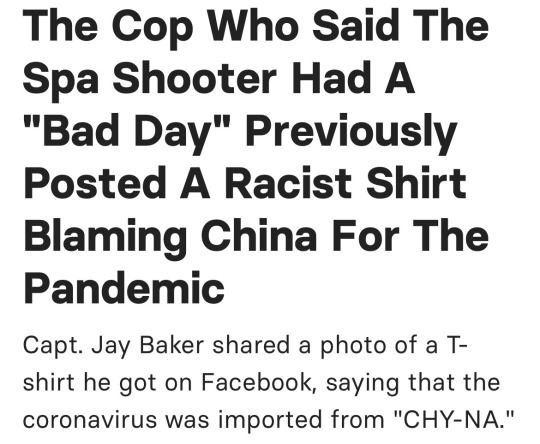
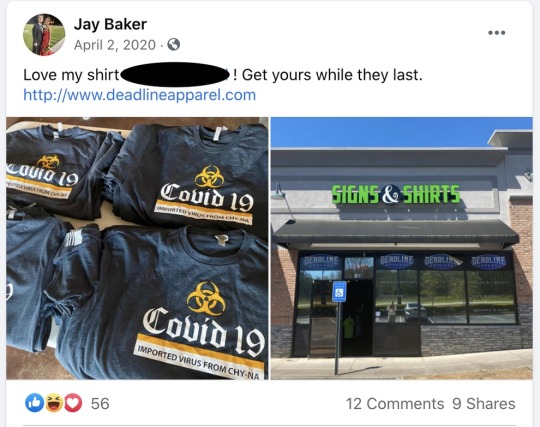
A reminder that the solution to hate crimes is not more cops. They are, and have always been, part of the problem
20K notes
·
View notes
Photo
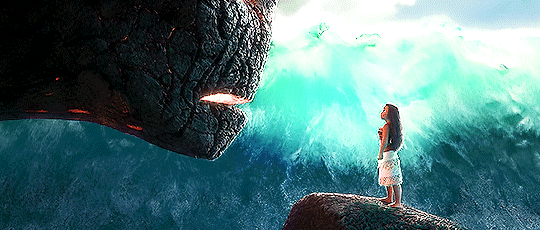




MOANA (2016) dir. Ron Clements and John Musker
886 notes
·
View notes
Video
Michelle Pfeiffer whipped the heads off those four mannequins in one take and received applause from the Batman Returns crew.
173K notes
·
View notes
Photo
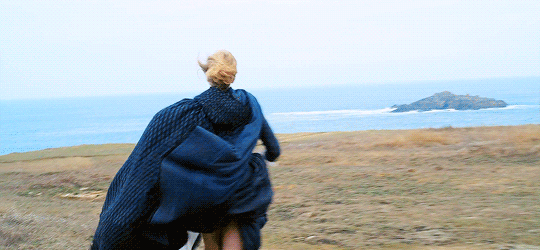
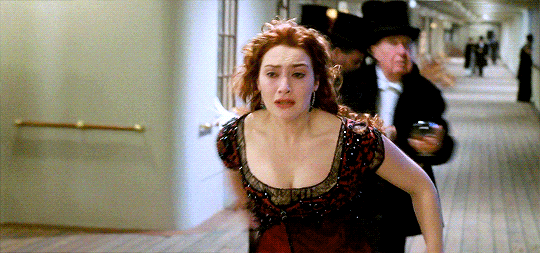
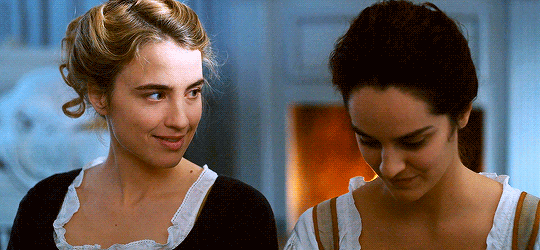
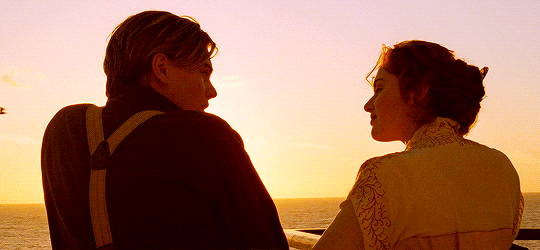
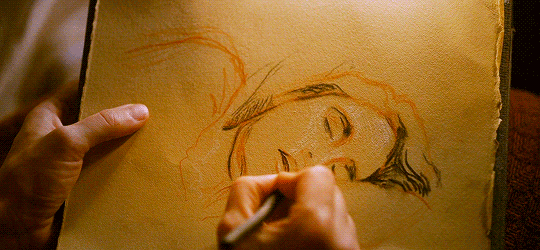
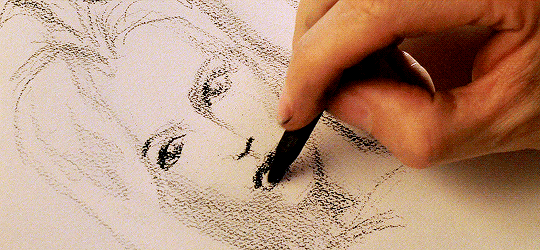
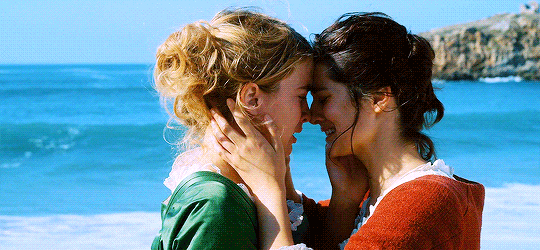
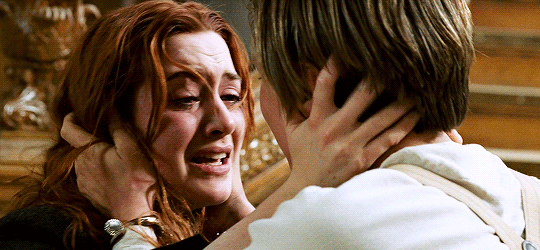
“Titanic is the hugest success, and it’s because it’s totally queer. Leonardo DiCaprio was totally androgynous at the time. DiCaprio and Kate Winslet were both not known — not stars — so there was no power dynamic between them. Like, if you look at the sex scene in Titanic […] he’s the one who’s being totally fragile and insecure. I think it was a huge success because it’s a love story with equality and with emancipation.
I think the movies are in dialogue. I thought a lot about Titanic because it’s also the present of a love story and the memory of a love story. A successful love story should not be about eternal possession. No, it should be about emancipation. And it is an emancipation story, because maybe [Kate Winslet’s character in Titanic] lost this love, but we see her being free and riding horses and wearing pants. It’s all about emancipation.
The success of a love story is not about how long it lasts. It’s not about ending your life together. Him dying is tragic, but it’s not the end of the story. In equality, there is emancipation.”
— Céline Sciamma on ‘Titanic’ influencing ‘Portrait of a Lady on Fire’
20K notes
·
View notes
Text
Disney’s ‘experiment.’
Please don’t pay the extra 30 dollars to watch Raya and the Last Dragon on top of the subscription fee you are already paying. Do not normalize this. There is no reason you should pay that much to watch a movie in your own home, a few months earlier than everyone else. If you buy into this, they will keep doing it. They are calling it an experiment for a reason.
91K notes
·
View notes
Photo

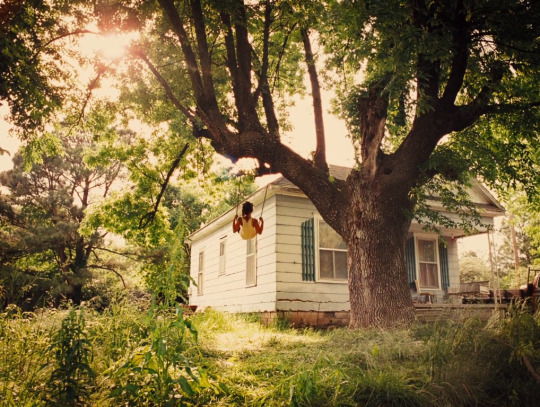
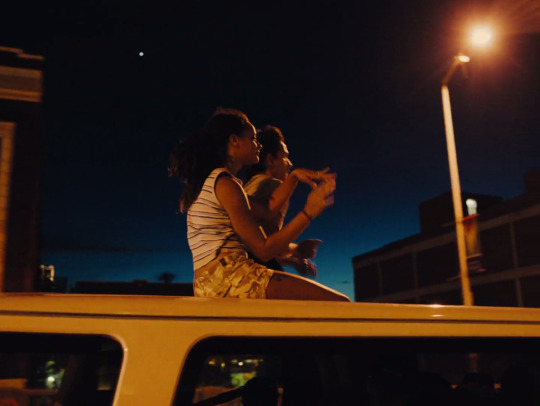
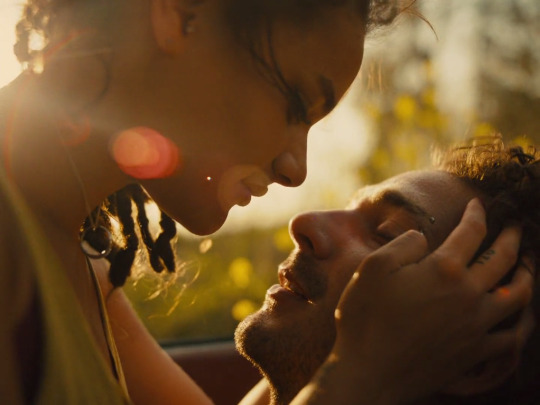
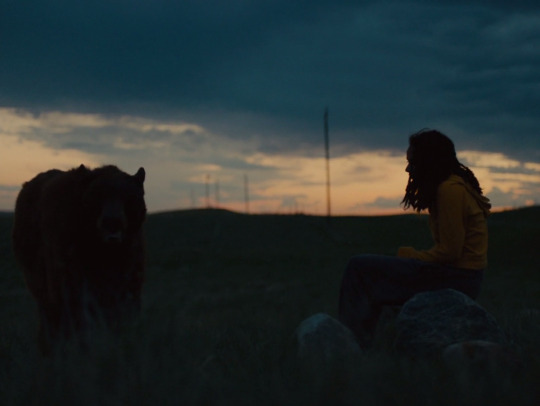

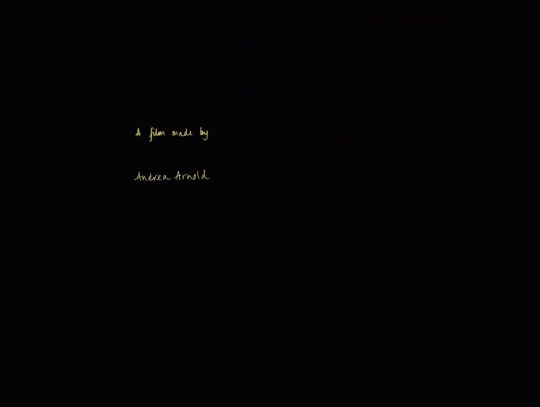
American Honey (2016)
Directed by Andrea Arnold
Cinematography by Robbie Ryan
155 notes
·
View notes
Photo

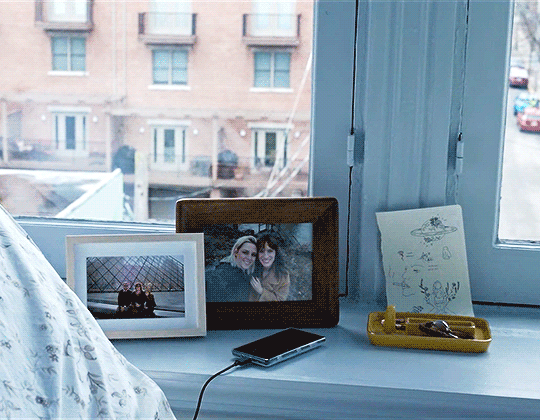
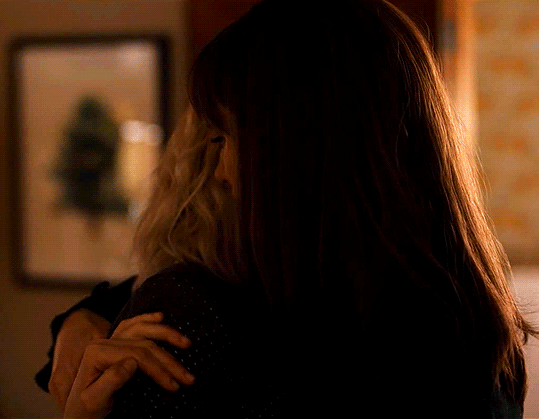
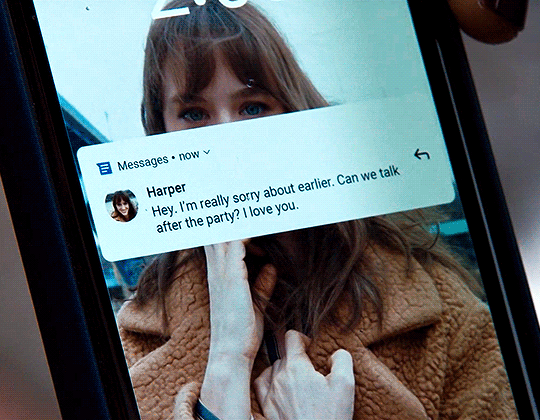
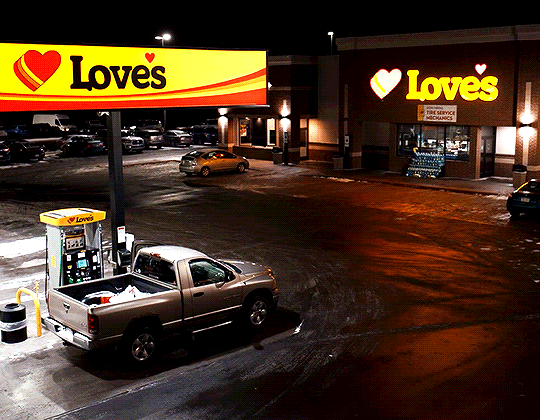
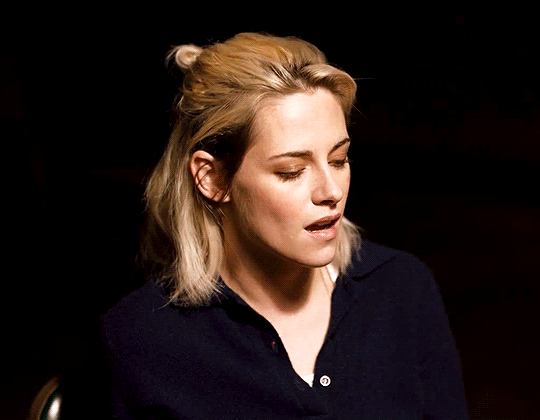

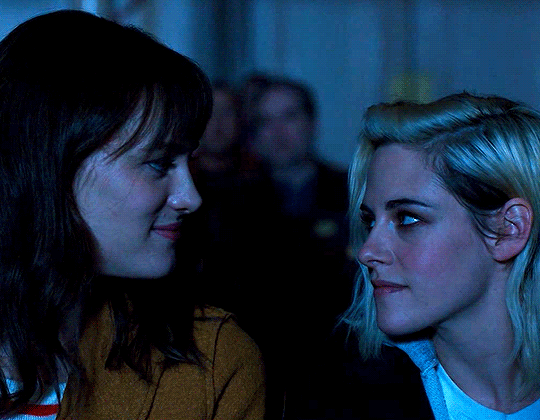
Everybody’s story is different. There’s your version and my version and everything in between. But the only thing that all of those stories have in common is that moment right before you say those words, when your heart is racing and you don’t know what’s coming next. That moment’s really terrifying. And then once you say those words, you can’t unsay them. A chapter has ended, and a new one’s begun, and you have to be ready for that. You can’t do it for anyone else.
Happiest Season (2020) dir. Clea DuVall
3K notes
·
View notes
Photo
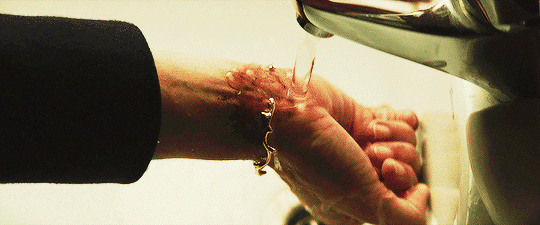

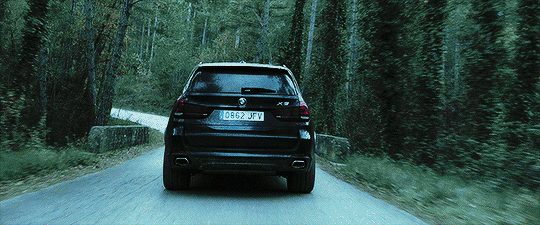
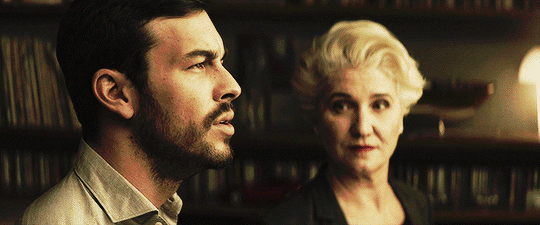
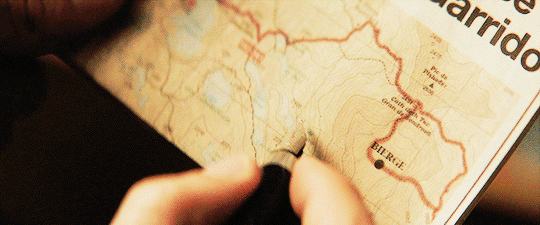
Plausibility is based on details.
Contratiempo, 2016
247 notes
·
View notes
Text
Disney’s ‘experiment.’
Please don’t pay the extra 30 dollars to watch Raya and the Last Dragon on top of the subscription fee you are already paying. Do not normalize this. There is no reason you should pay that much to watch a movie in your own home, a few months earlier than everyone else. If you buy into this, they will keep doing it. They are calling it an experiment for a reason.
91K notes
·
View notes
Photo



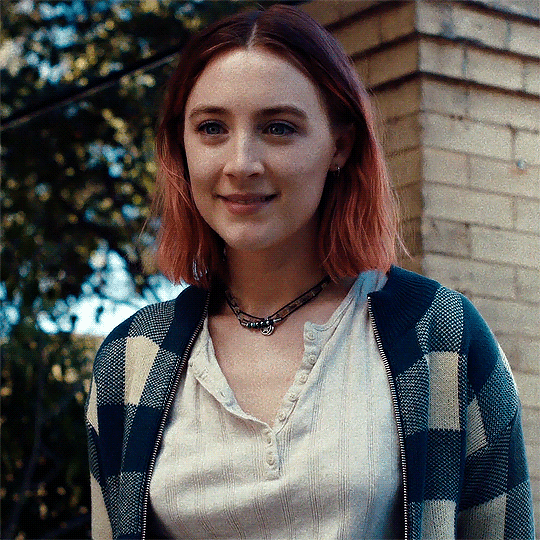
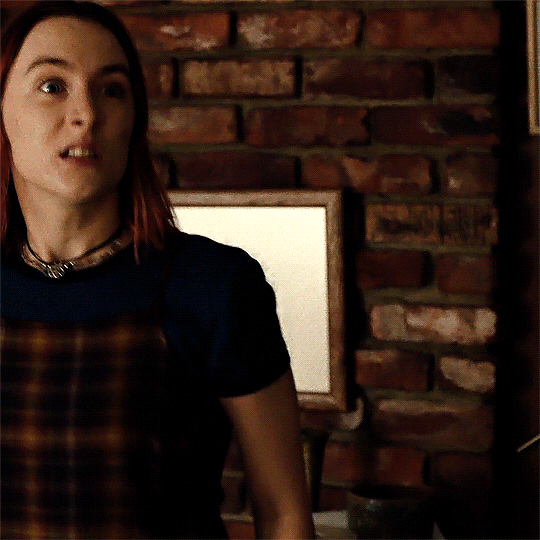


SAOIRSE RONAN as CHRISTINE “LADY BIRD” MCPHERSON IN:
LADY BIRD (2017) dir. Greta Gerwig
1K notes
·
View notes
